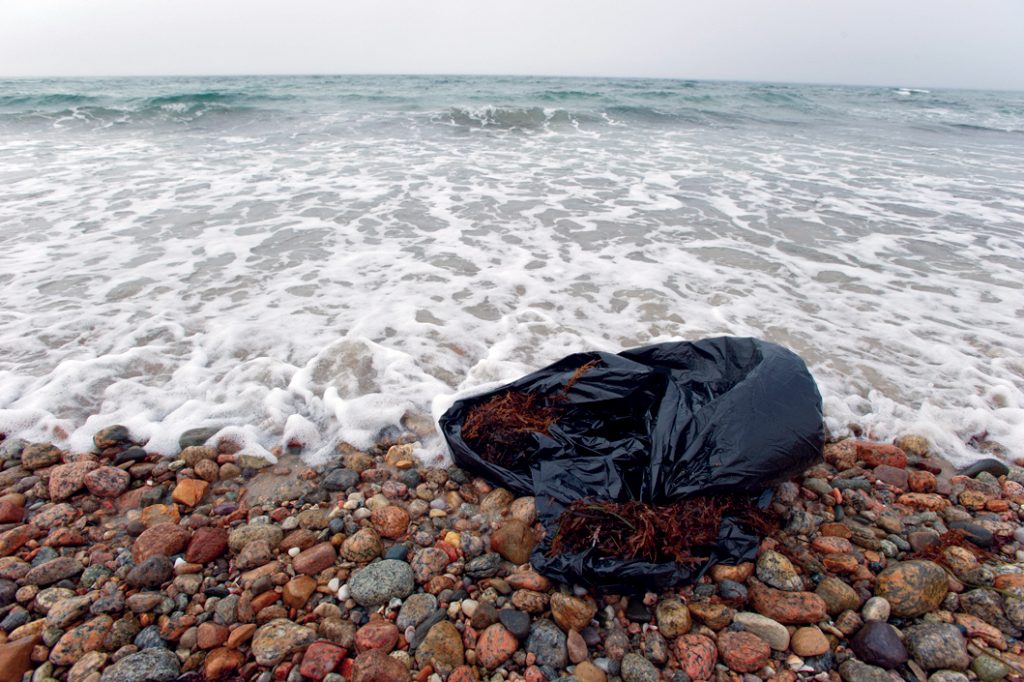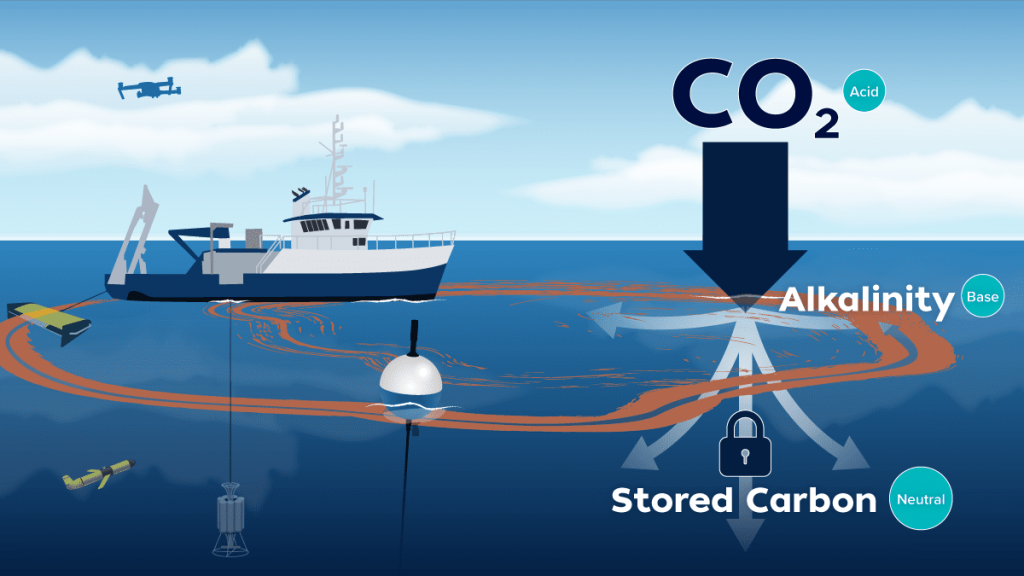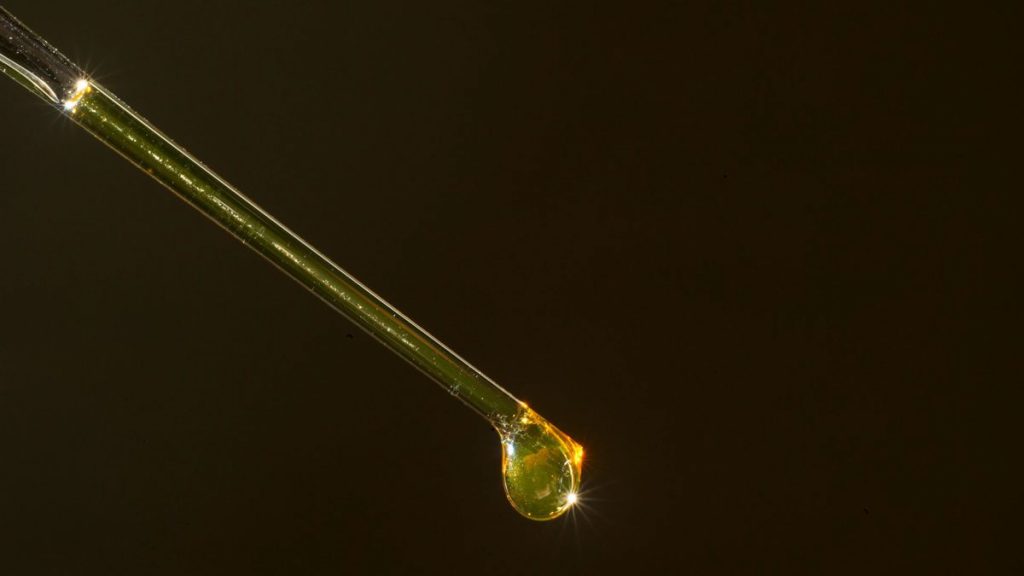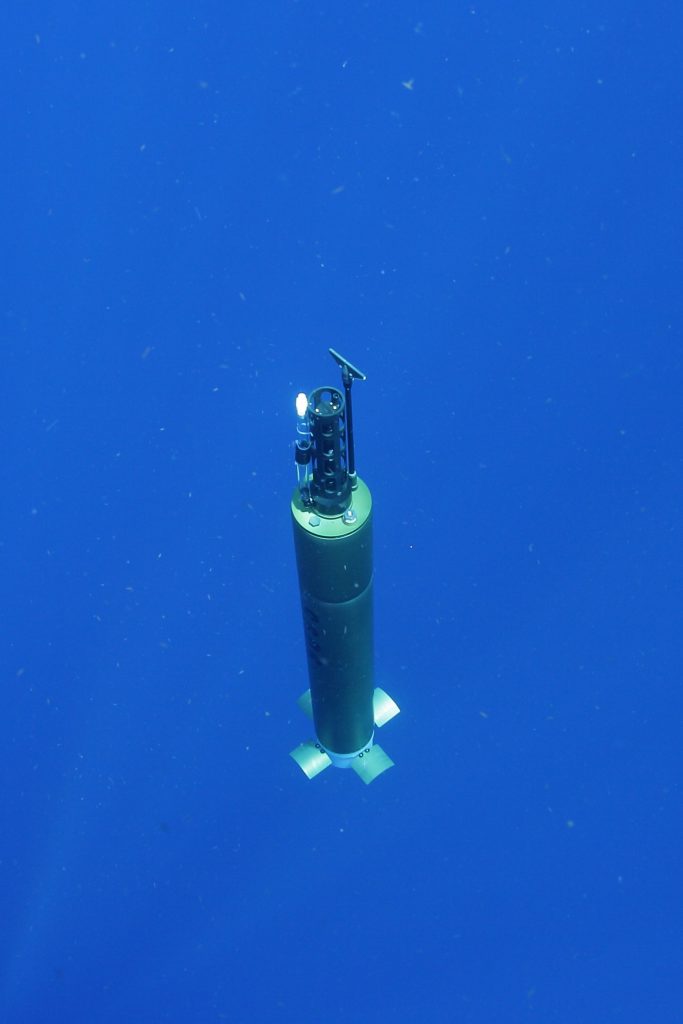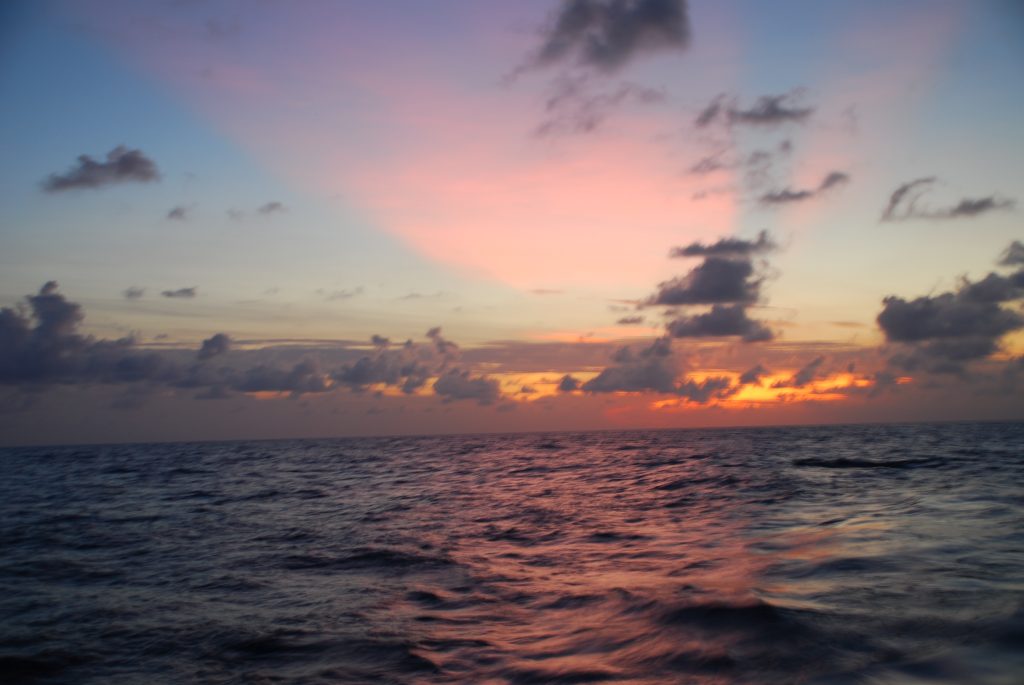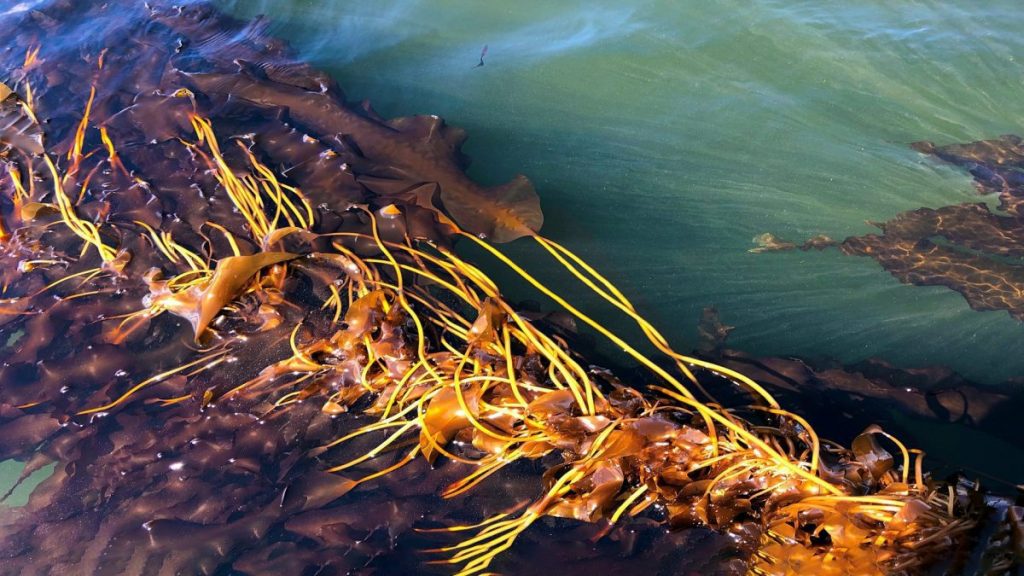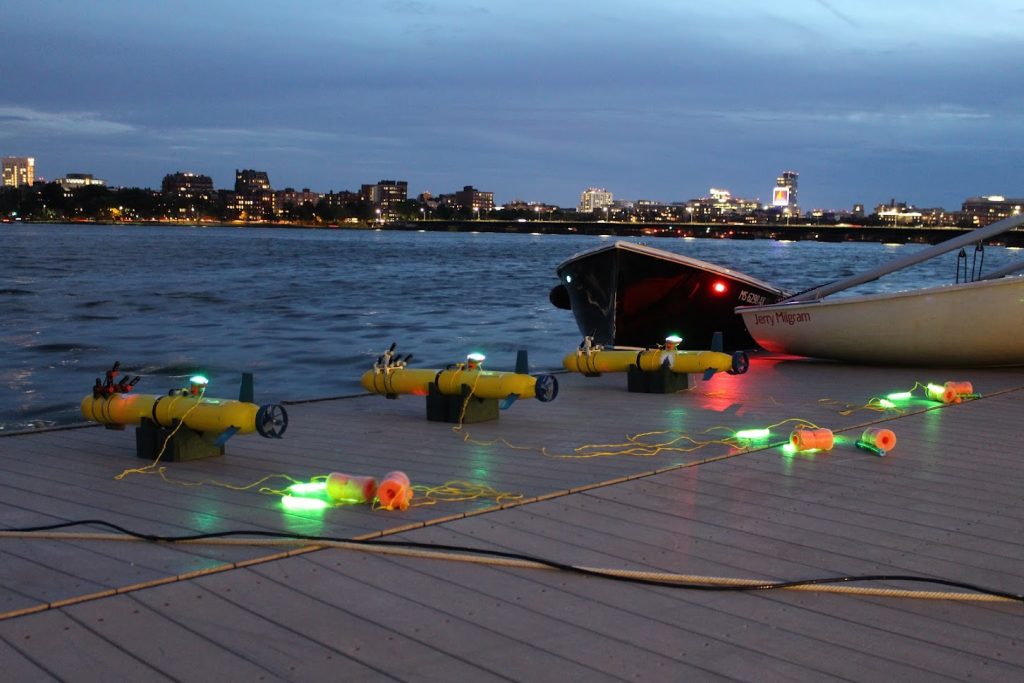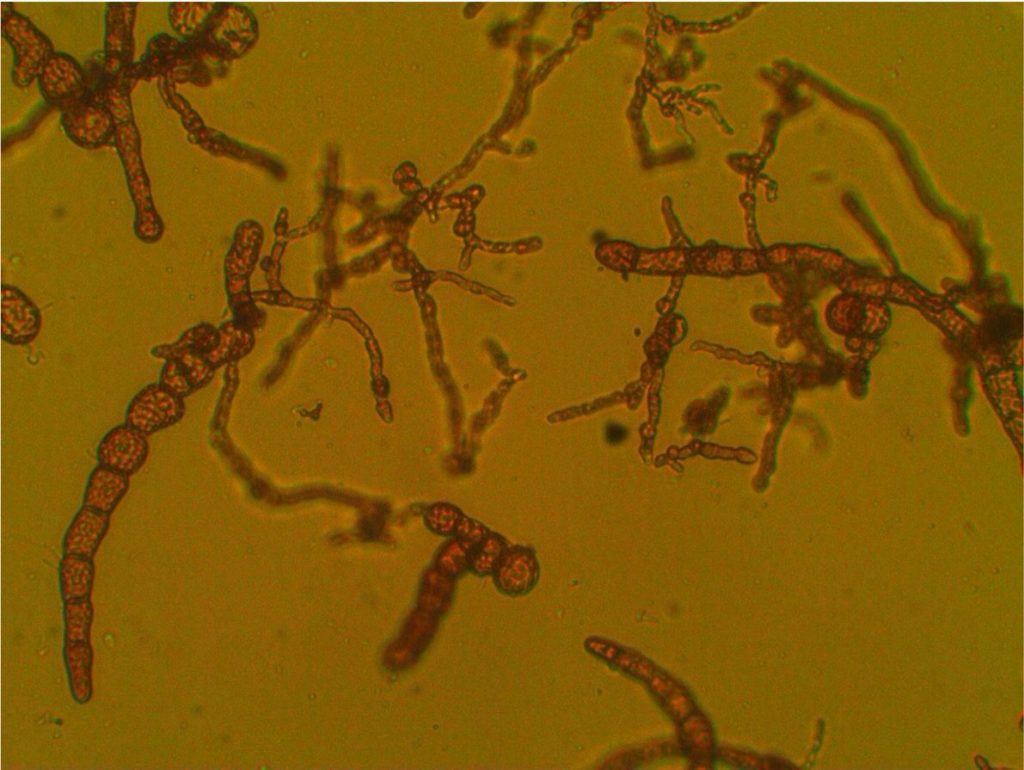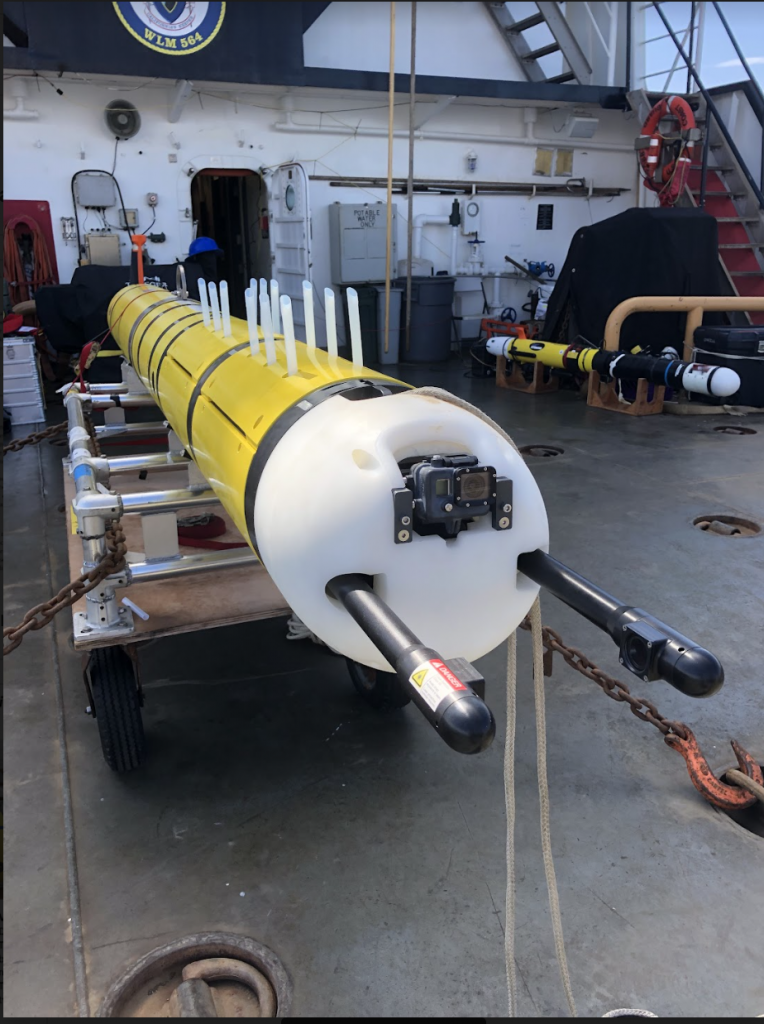Posts by atoomajian
Emerging Entrepreneurship in Science Talk on 3/20
Join the Office for Technology Transfer in celebrating the value of diversity and inclusion in driving innovation! The Office for Technology Transfer (OTT) is excited to bring to the WHOI community a new talk series, “Pioneering Minds: Unleashing the Potential of Women Innovators and Entrepreneurs,” showcasing innovators, entrepreneurs, and leaders in science, engineering, industry, conservation,…
Read MoreWHOI scientists discuss plastic pollution and academia-industry partnerships in new Nature.com article
In a new article on nature.com, Woods Hole Oceanographic Institution (WHOI) Associate Scientist Collin Ward, Senior Scientist Chris Reddy, and partners from Eastman Chemical Company discuss how academia-industry partnerships could help overcome challenges in controlling plastic pollution and transitioning away from conventional plastics. Ward, Reddy, and Eastman share insights from their ongoing partnership and how expertise from…
Read MoreOcean Alkalinity Enhancement Project Looks at Pulling Carbon Dioxide from the Atmosphere
Scientists are looking at a technique known as ocean alkalinity enhancement, or OAE, as a potential way to remove carbon dioxide from the atmosphere.
Read MoreNatural Wax Holds Promise to Replace Petroleum in Cosmetics and Personal Care Products
Woods Hole Oceanographic Institution and Western Washington University Sign License Agreement for Upwell Cosmetics to Make and Market a Marine Microalga-Derived Wax Woods Hole, Mass. — A wax that is derived from a commonly grown marine microalga could be the next big thing in cosmetics and personal care products, thanks to a recent license agreement…
Read MoreWHOI Tech Transfer licenses low-cost, low-power wave sensor to MRV Systems
WHOI’s Office of Technology Transfer recently executed a non-exclusive license for a low-cost, low-power wave inertial measurement sensor to MRV Systems. Integrated into a small thermodynamic profiling float called Air-Launched Autonomous Micro Observer (ALAMO), this sensor is capable of measuring ocean wave size, shape, and speed over time. These measurements are essential for activities like…
Read MorePropeller Announces $100 Million Fund to Invest in Ocean-Climate Companies
Unique partnership with Woods Hole Oceanographic Institution and veteran leadership team deploys vital capital to blue economy ‘narwhals’ at the nexus of ocean innovation, science and technology Propeller, a climate-tech fund that invests in and builds ocean-climate companies, announced its inaugural $100 million fund to support founders looking to address the climate crisis by…
Read MoreWoods Hole Oceanographic Institution receives Seagriculture Innovation Awards
Infertile sugar kelp breeding and seaweed planting device projects recognized at international conference WHOI also receives National Sea Grant Award to continue innovative kelp studies Woods Hole, MA – Woods Hole Oceanographic Institution (WHOI)-led teams earned Gold and Silver Innovation Awards for seaweed solutions projects, presented at the first annual Seagriculture Conference USA 2022 in…
Read MoreWHOI Engineers Work to Adapt Swarming Capabilities for Low-Cost UUVs
In aerial and terrestrial applications, robotics swarms allow mission adaptability, robustness, and scalability. In aerial and terrestrial applications, access to GPS data and high-speed communications allows robotic swarms to operate functionally; however, expanding swarming capabilities below the ocean surface remains a significant challenge. Implementing swarming techniques for underwater missions requires structured, accurate clocks and communications…
Read MoreInnovative, new “road map” for kelp crop improvement
Woods Hole Oceanographic Institution and University of Connecticut license kelp germplasm collection to Bigelow Laboratory for Ocean Sciences Woods Hole, MA – Woods Hole Oceanographic Institution (WHOI), the University of Connecticut, and Bigelow Laboratory for Ocean Sciences have executed a license agreement for a kelp germplasm, or collection of microscopic cells called gametophytes, containing more than 1,200 samples all…
Read MoreWHOI Engineers Invent Sampling System for AUVs used in Oil Spill Response
The oil that enters aquatic environments can have significant ecosystem impacts. Most spilled oil from platforms and vessels floats on the water surface, but spills under the water can be more challenging to detect and observe. Underwater oil spills require additional observation measurements from remote sensors, surface vessels, and remotely operated and autonomous vehicles, which…
Read More



